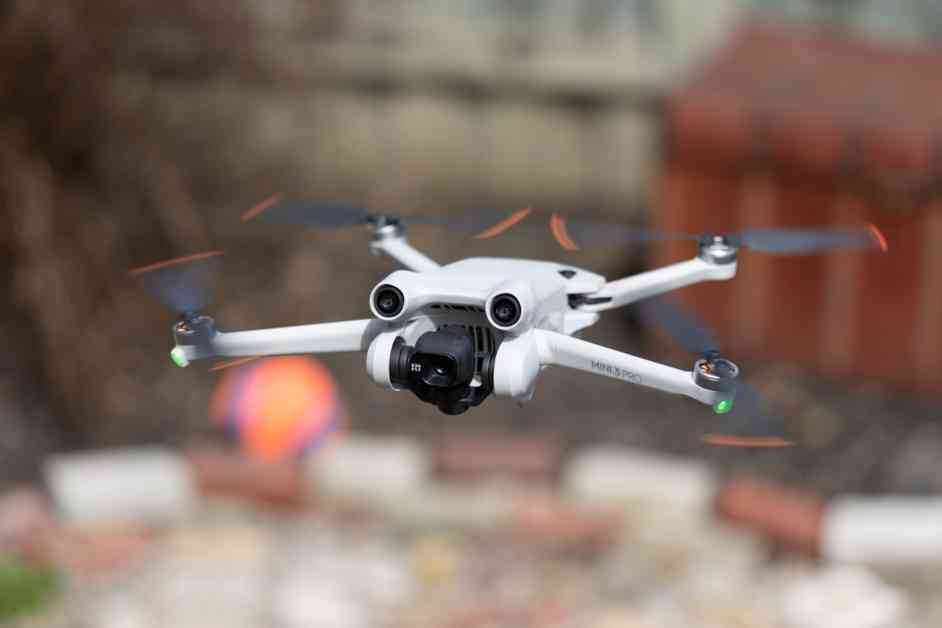Drone manufacturer DJI has taken legal action against the US Department of Defense for including the company on a list of “Chinese military companies.” The lawsuit was filed after more than sixteen months of trying to communicate with the DoD, with DJI stating that it had no choice but to seek relief in federal court.
A spokesperson for DJI emphasized that the company is not owned or controlled by the Chinese military, and that the DoD itself recognizes that DJI primarily produces consumer and commercial drones, not military ones. Despite this, DJI was added to the DoD’s list in 2022, following similar actions by other government agencies.
The company has faced significant financial and reputational damage as a result of being listed, with lost business and stigmatization of employees being cited as key issues. DJI’s lawsuit challenges the DoD’s justification for the listing, pointing out various deficiencies in the report that led to the designation as a Chinese military company.
According to the lawsuit, DJI’s founder and CEO, Frank Wang, along with three early-stage investors, hold the majority of the company’s voting rights and shares. The company argues that the DoD’s report relies on outdated information and fails to establish that DJI is connected to the Chinese military in any meaningful way.
The Department of Defense has not yet responded to requests for comment on the matter.
This legal battle between DJI and the DoD raises important questions about the impact of government listings on businesses, especially in the tech sector. The case also highlights the complexities of international relations and the challenges faced by companies operating in a global marketplace.
It is crucial for companies like DJI to assert their independence and push back against inaccurate or unfair government designations that can have serious implications for their operations. The outcome of this lawsuit could have far-reaching consequences for how tech companies are perceived and regulated in the future.











